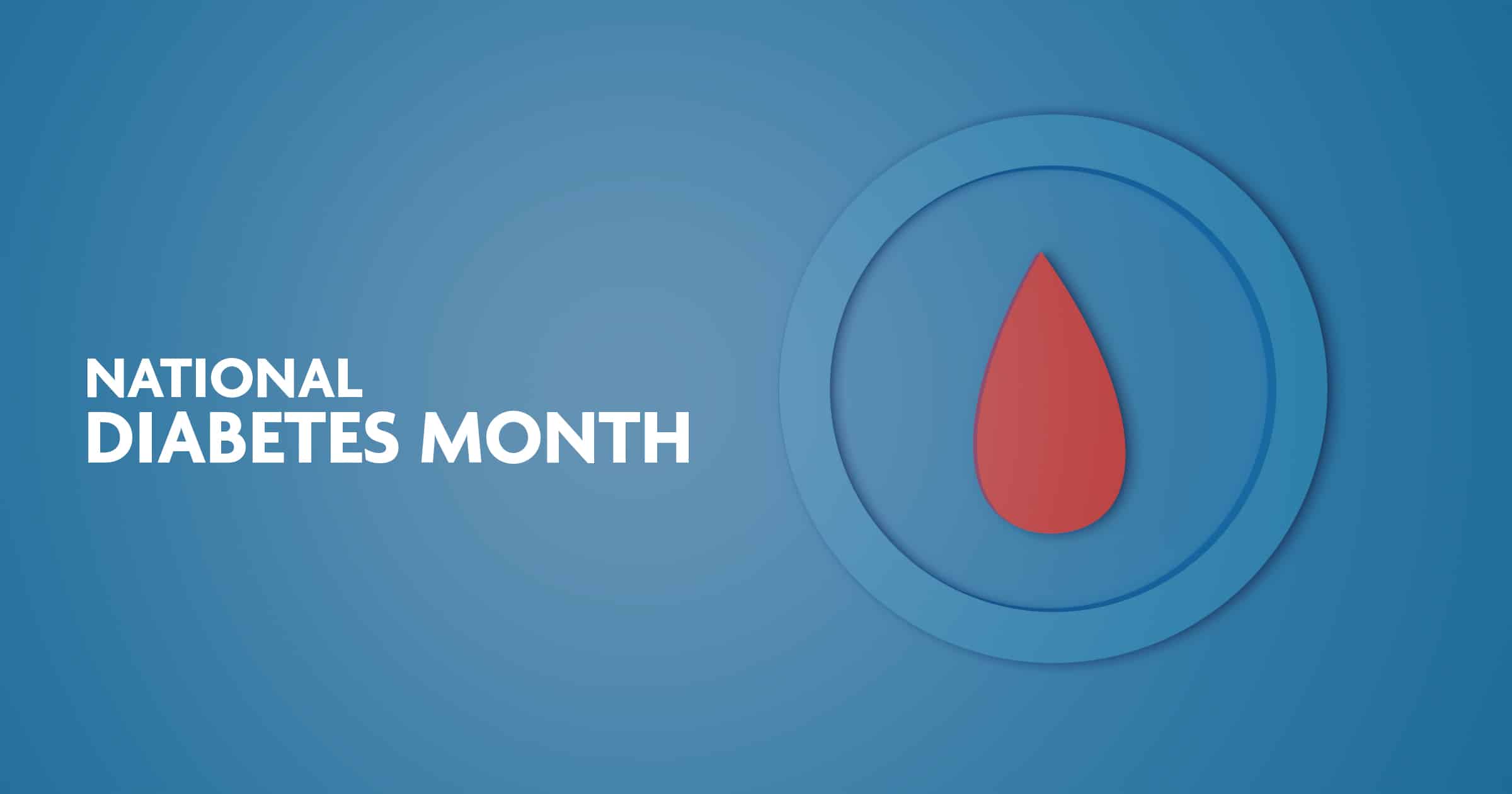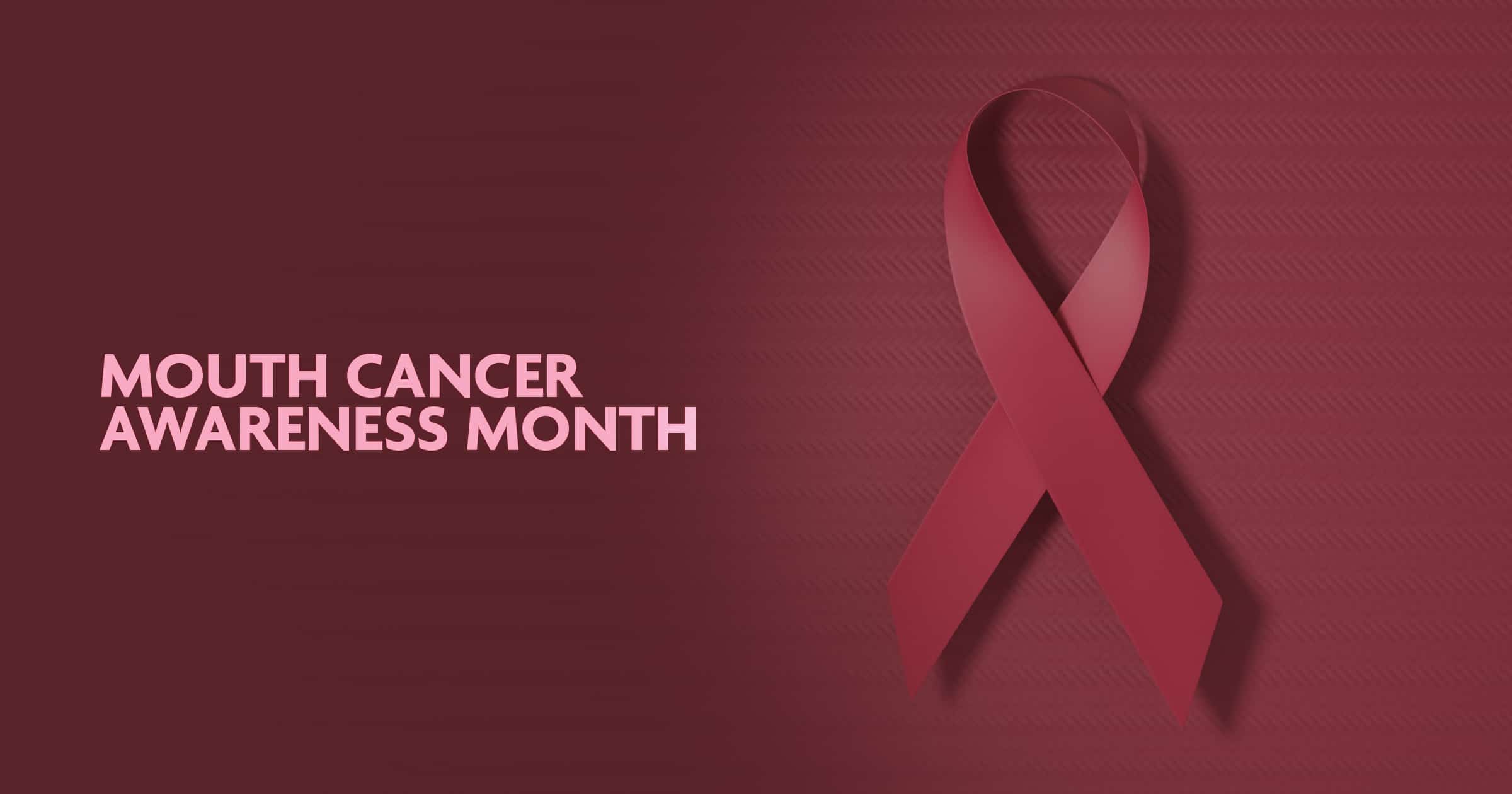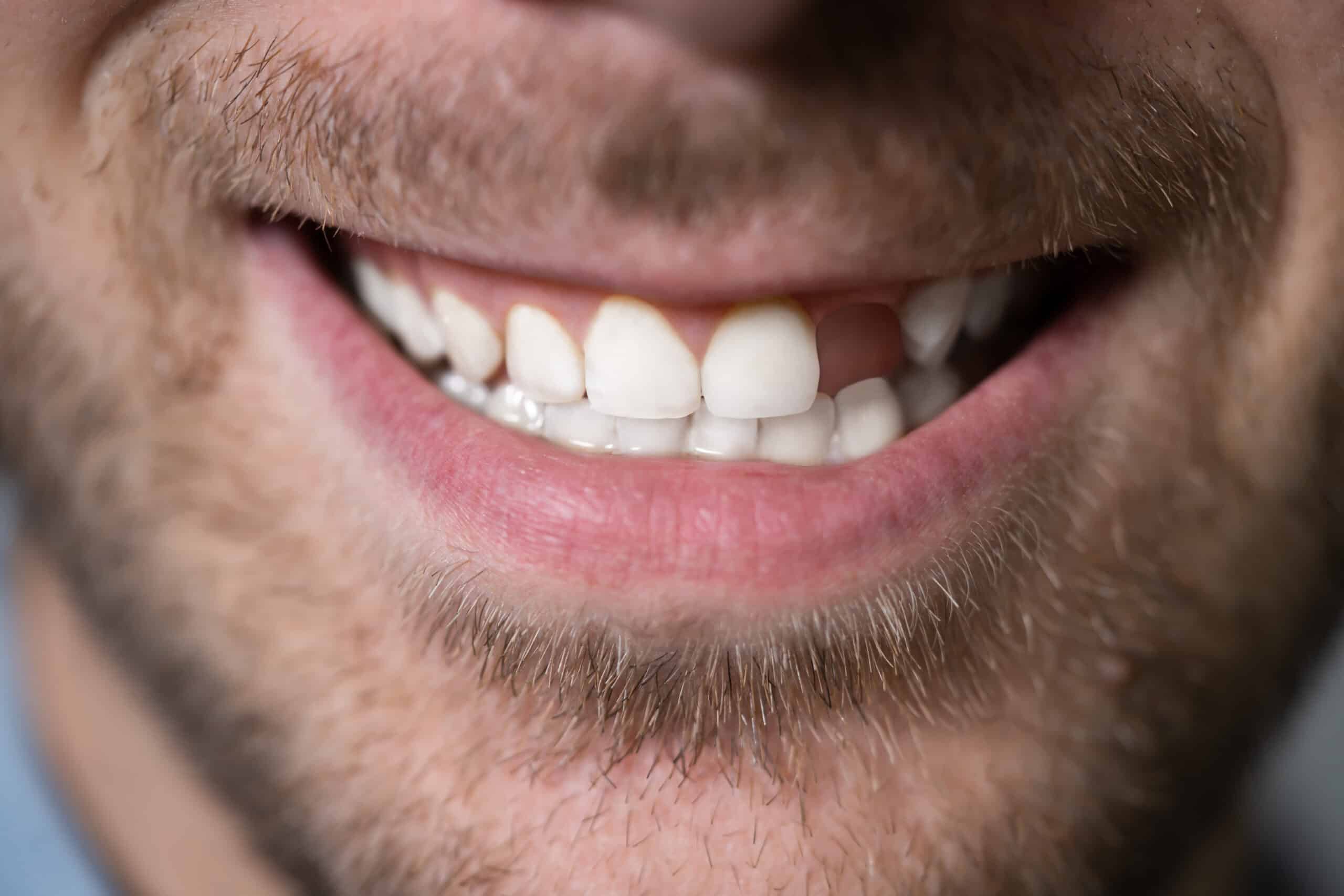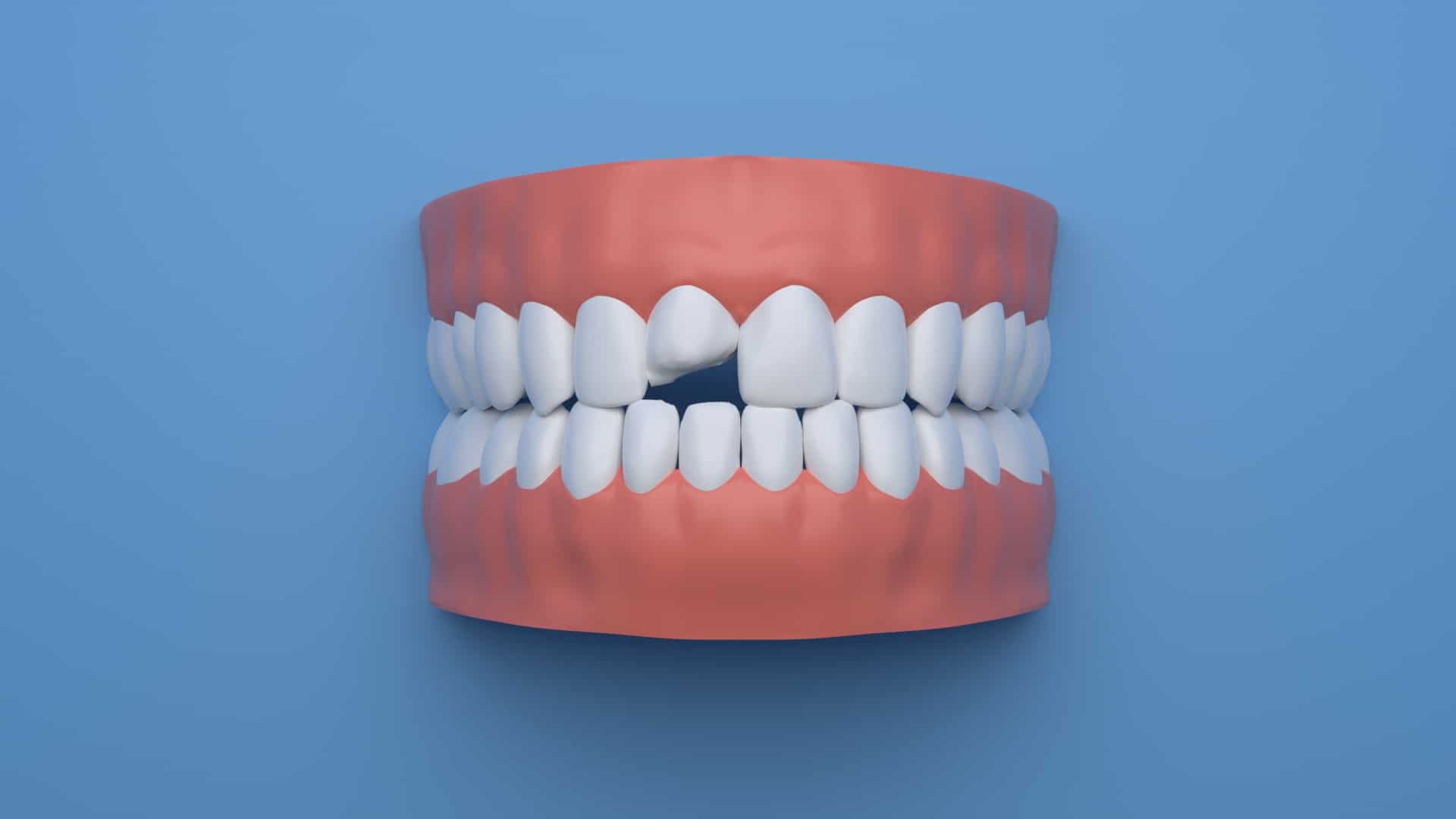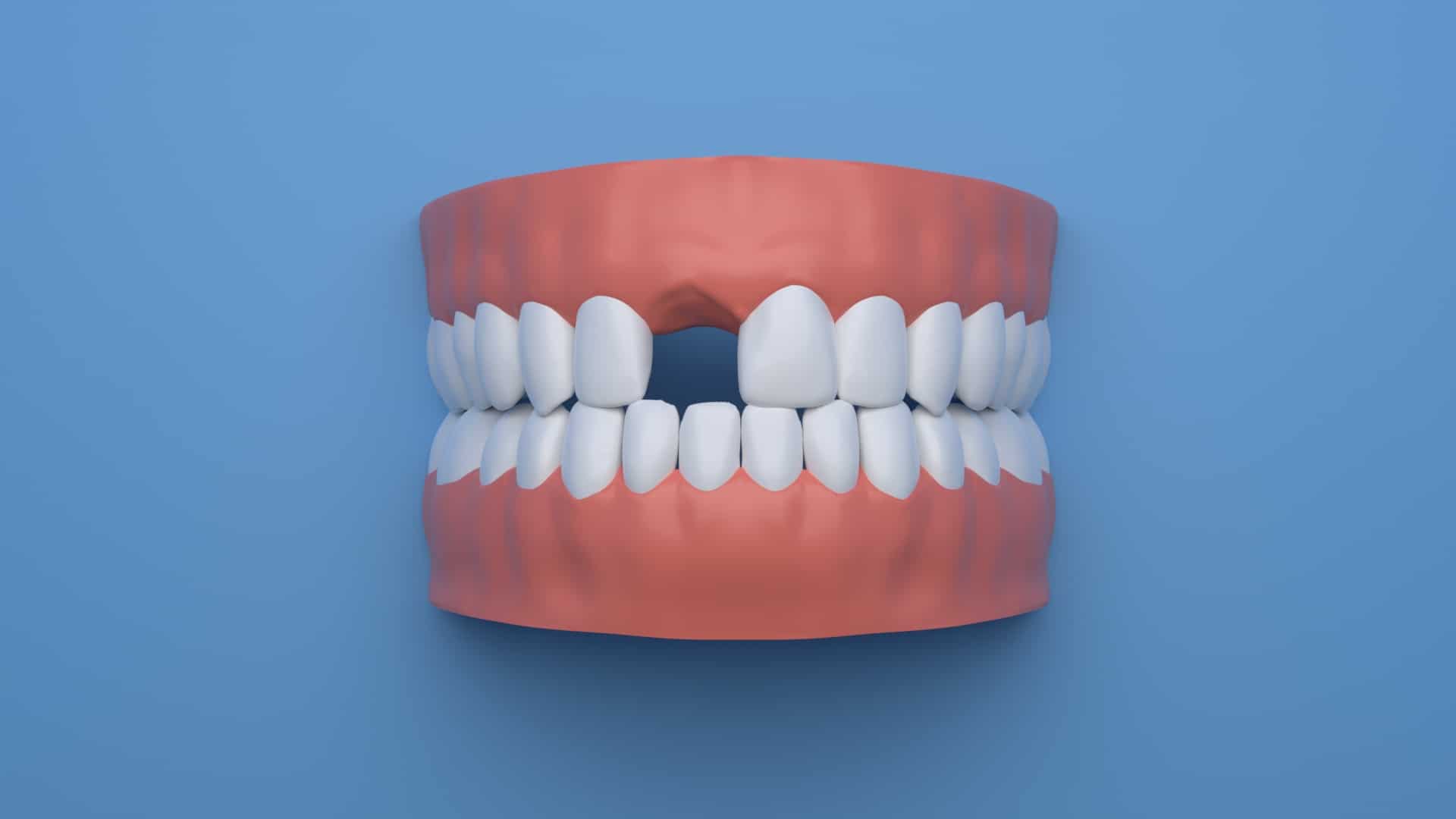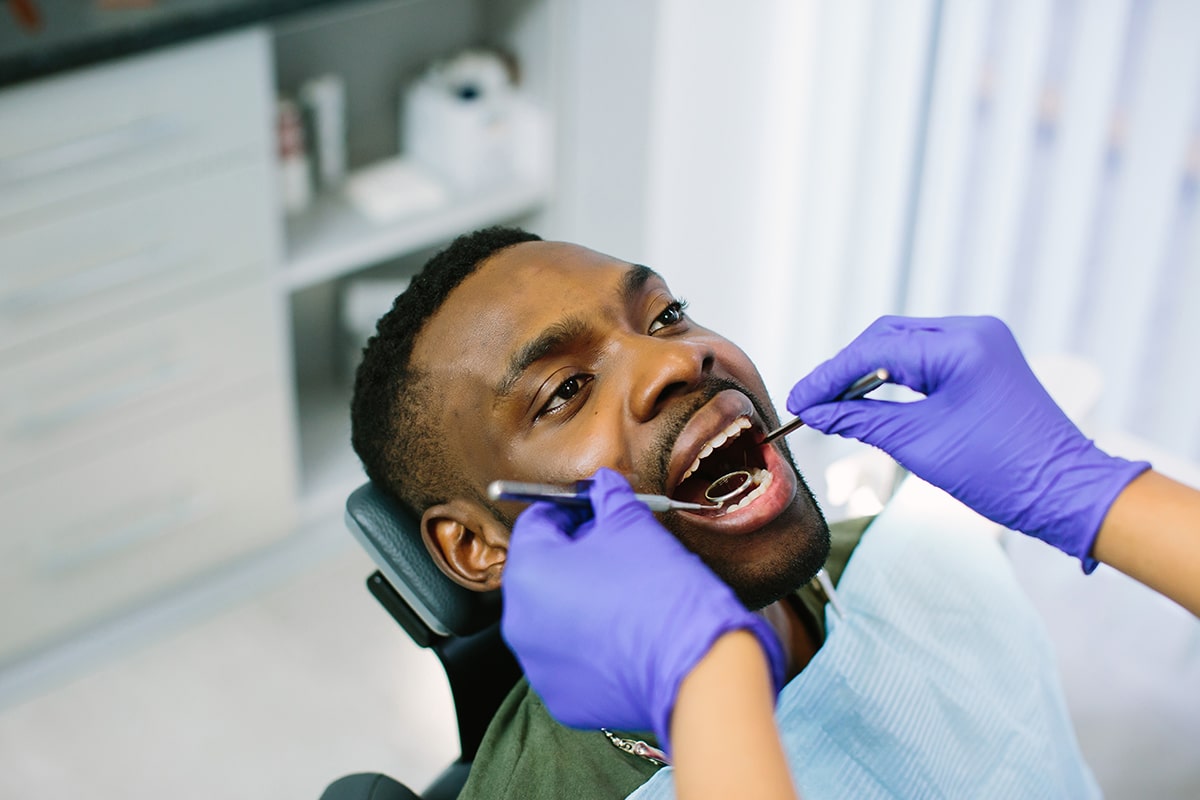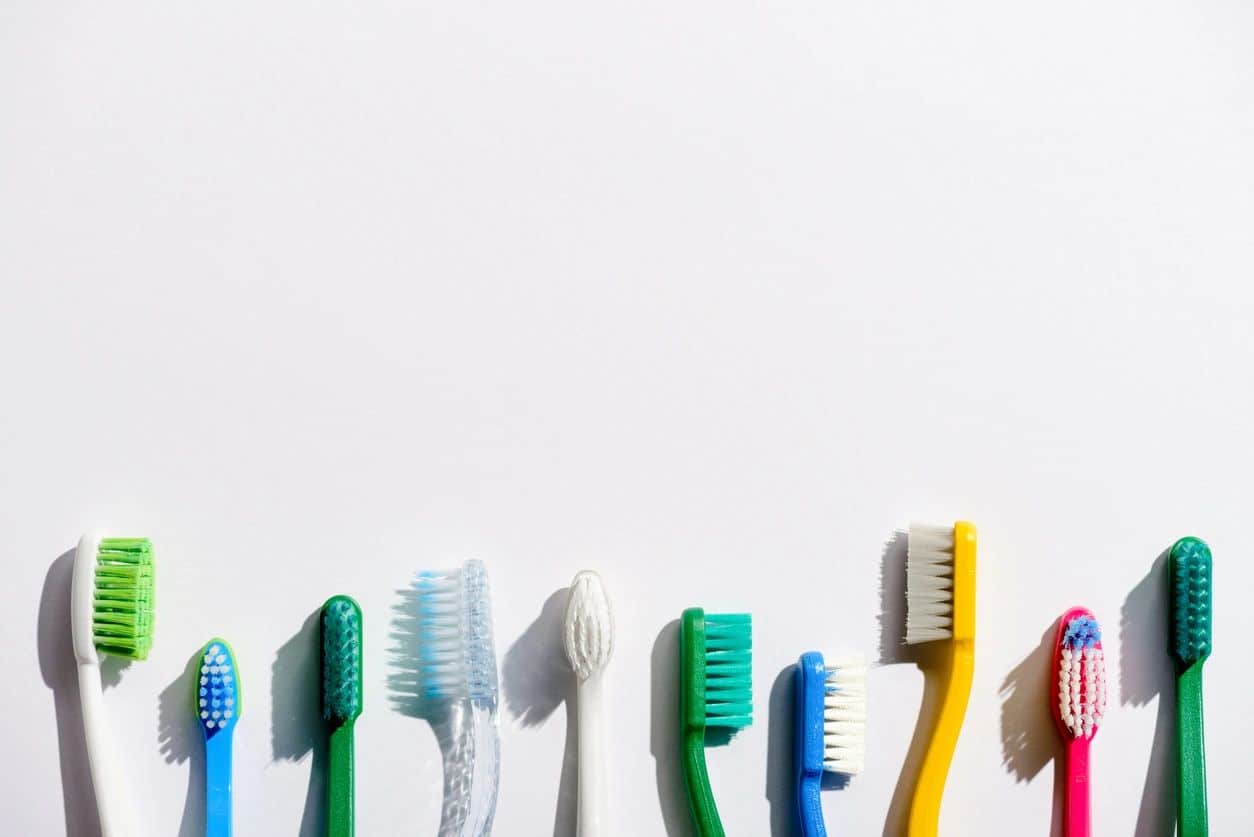Approximately 29.1 million people in the United States have diabetes? Also, around 1.7 million new cases are diagnosed each year and 8.1 million people living with diabetes don’t even know they have it.
So what does this have to do with your smile and how can you protect it?
If diabetes is left untreated, it can take a toll on your mouth. Here’s how:
- You may have less saliva, causing your mouth to feel dry. (Dry mouth is also caused by certain medications.)
- Because saliva protects your teeth, you’re also at a higher risk of cavities.
- Gums may become inflamed and bleed often (gingivitis).
- You may have problems tasting food.
- You may experience delayed wound healing.
- You may be susceptible to infections inside of your mouth.
- For children with diabetes, teeth may erupt at an age earlier than is typical.
Diabetics are more prone to gum disease:
Bacteria in your gums can lead to periodontal disease. This chronic, inflammatory disease can destroy your gums, all the tissues holding your teeth, and even your bones.
Periodontal disease is the most common dental disease affecting those living with diabetes, affecting nearly 22% of those diagnosed. In fact, people with diabetes are at a higher risk for gum problems because of poor blood sugar control. As with all infections, serious gum disease may cause blood sugar to rise. This makes diabetes harder to control because you are more susceptible to infections and are less able to fight the bacteria invading the gums.
How do your gums affect blood sugar?
The American Dental Association (ADA) published research that suggests gum disease can raise your blood sugar. Their research compared people with healthy gums and people with active gum disease. They found that people who had active gum disease had higher long-term blood sugar levels. Researchers believe that harmful oral bacteria can be introduced into the bloodstream more easily through infected gum tissue. That bacteria, which flows through the bloodstream, triggers your body’s immune system to produce molecules that raise blood sugar. That harmful bacteria can be introduced into your body by simply brushing or eating!
How your dentist can help you fight diabetes:
Research suggests that treating gum disease can help improve blood sugar control in patients living with diabetes, decreasing the progression of the disease. Practicing good oral hygiene and having professional deep cleanings done by your dentist can help to lower your HbA1c.

